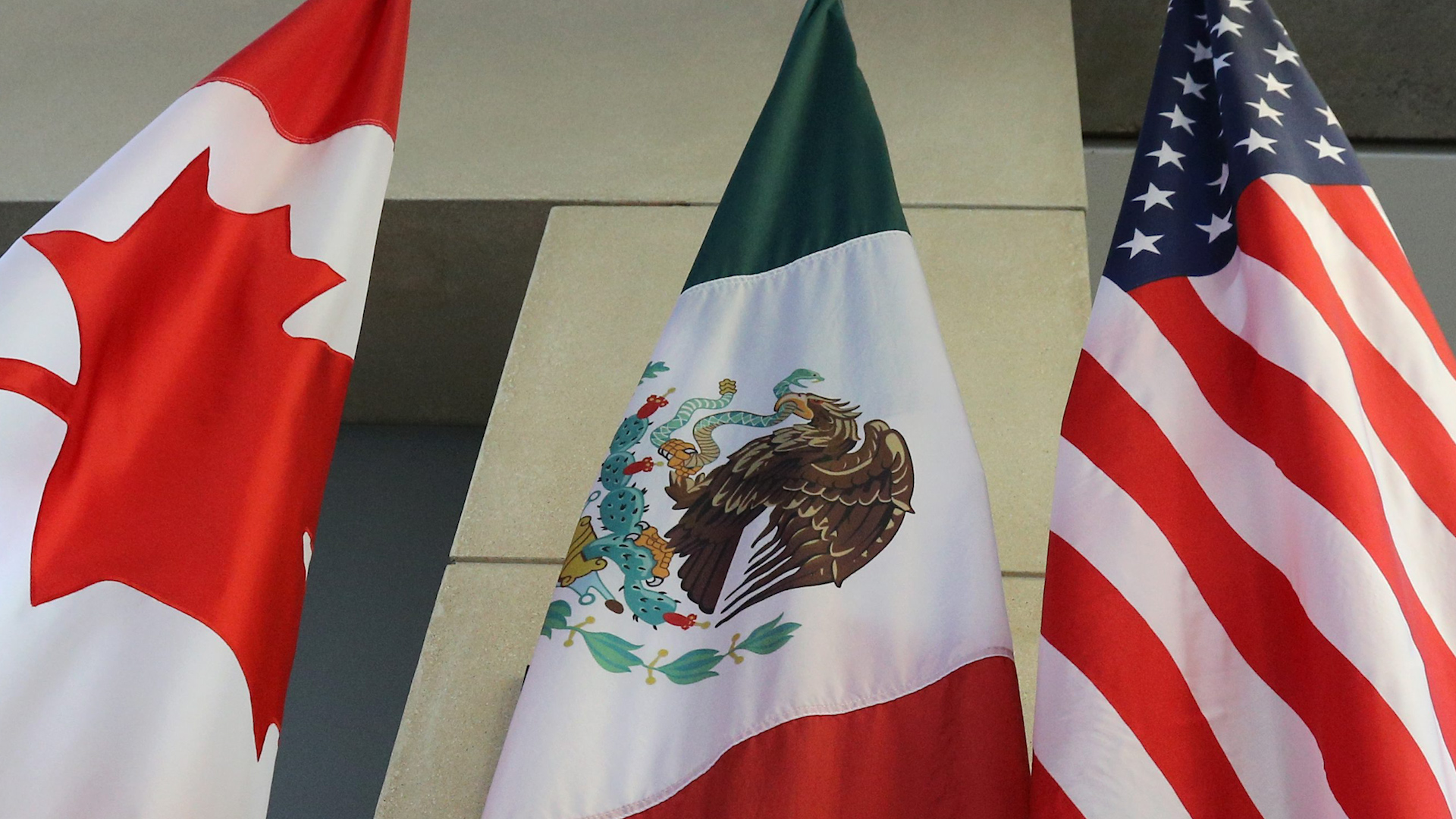NAFTA Participants Increasingly Invested in Successfully Concluding Negotiations

The Vice-President of the Canadian Global Affairs Institute says participants in discussion aimed at modernizing the North American Free Trade Agreement have become highly invested in successfully concluding the negotiations
By Bruce Cochrane – FarmScape Online
Colin Robertson, the Vice President and a fellow of the Canadian Global Affairs Institute, says we’ve seen for the first time in 25 years a gathering together of support in the United States, saying Let’s Keep NAFTA.
“There’s broad agreement across Canada that NAFTA has worked and that we would like to continue it”
“Where as Donald Trump ran saying that NAFTA was the worst deal ever and threatened to tear it up on day and then day 100, I think there’s now an appreciation within the administration that NAFTA would serve their interests, and I think the administration has invested a significant amount effort into these negotiations,” Robertson told FarmScape Online. “We’ve had eight formal rounds and effectively a ninth round and I think there’s a sense on the administration’s part that if they can get a deal it would serve their political interests, their political constituencies, and particularly farmers and auto workers. So I think they would like to now have a deal but it has to be under their terms.”
Negotiations aimed at rewriting NAFTA continued last week and are expected to resume again in about a week. But polling will tell you most Americans favor freer trade with Canada and Mexico and see it working in their interests.
“From a Canadian perspective, there’s broad agreement across Canada that NAFTA has worked and that we would like to continue it,” he added. “This is shared across party lines and all premiers have been involved in pushing their counterpart governors at the state level to underline how important the agreement is to their interests.”
Robertson says there’s been a similar exercise conducted by the Mexican government and that is having some effect.
“Farm groups have also been involved in this, business groups and labor unions have also been making the case from the Canadian side to their American counterparts.”











